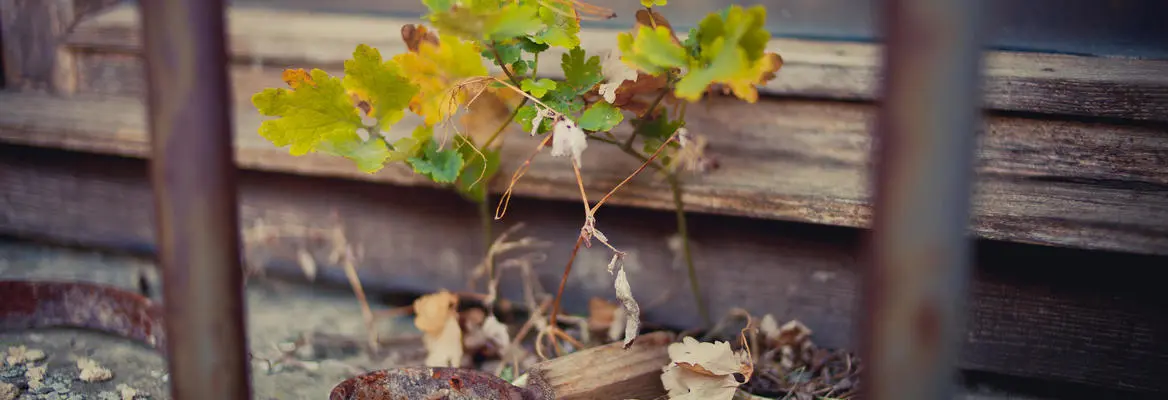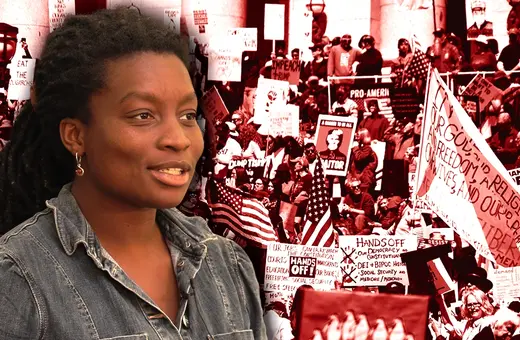On 9th September 2007 my world turned upside down. It was early evening after a sunny day, when I received the phone call from my father telling me that my mother was in hospital. I could hear the tremble of fear in his voice. I jumped in a cab and an hour and half later arrived at the hospital to find my mother had suffered a massive haemorrhage. She was pronounced brain-dead fifteen minutes after it occurred.
A few weeks after the death of my mother I received a letter from Albert Woodfox, the longest surviving solitary confinement prisoner in the world. He has been locked in solitary confinement in Loisiana State Penitentiary since April 1972. He wrote to ask if I would like to take my mother’s place on his prison visitors list. I had always been fascinated with the friendship between my mother and Woodfox, so I agreed and travelled to Louisiana, USA, to meet him.
I believe that Albert is innocent. As a member of the Black Panthers, he is a political prisoner. As I see it, there is simply no possible way he could have survived 44 years of solitary confinement, in a six foot by eight foot cell, without being innocent. Innocence is your only thread of hope breaking free from the mental torture, sensual deprivation and brutal physical strain: there must be the belief that at some point justice will be served. Albert can tell you stories of the countless men he has heard through the prison walls who have lost their sanity, ripped their bodies apart, and ended their lives.
So how has Albert survived? And how has he managed to retain his humanity, compassion, and deep understanding of justice? The only power Albert has is the power over his own mind.
One of the fist questions I asked Albert was about the tools he uses to maintain his mental health. I asked partly because my ex-husband really was a prisoner of his own mind – so much so that he broke free and ended his life three years ago. Yet here was Albert living a life so profoundly unfair and yet who seems able to hold his freedom internally. Albert has been rendered invisible by the state: no photographs are allowed to be taken of him, no interviews or filming. He is allowed no visitors other than the ones on a small, strict list. He is treated worse than a serial killer and yet he has no track record of violence. So here he is a man that has conquered the impossible and there is my ex-husband who was so fragile he could not see the gifts that life had on offer for him. What is the difference between them? What does Albert have that my ex-husband didn't?















Join the conversation